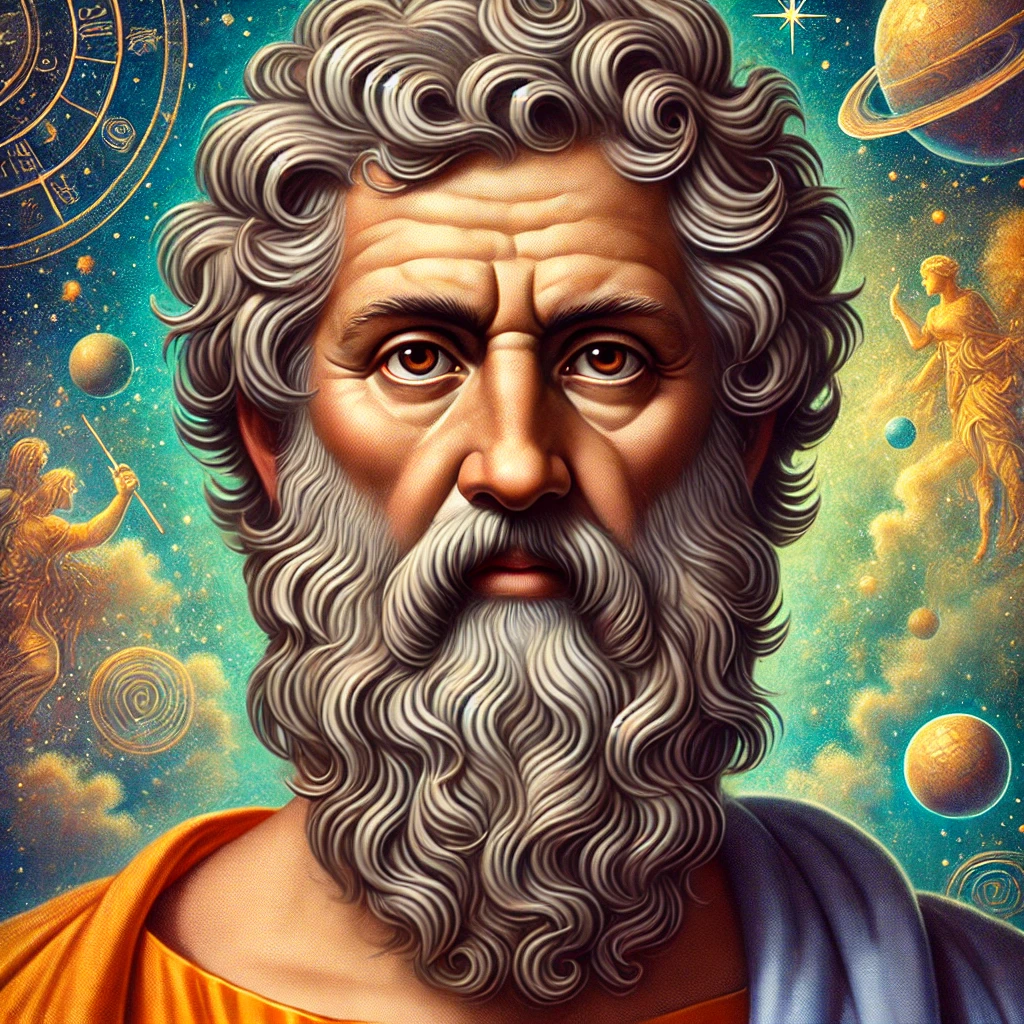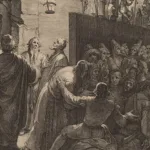Plato

Birth Date: 428/427 BC
Death Date: 348/347 BC
Place of Birth: Athens, Greece
Place of Death: Athens, Greece
Century: 4th BC
Region: Ancient Greece
"The greatest wealth is to live content with little."
Born in Athens, Greece, Plato was a student of Socrates and later became the teacher of Aristotle. He wrote numerous philosophical texts, often in the form of dialogues, where Socrates is the main character. His work covered topics like ethics, politics, metaphysics, and the nature of knowledge.
Plato believed in a higher reality beyond the physical world, which he called the world of Forms. He thought that true knowledge comes from understanding these eternal truths. Plato's ideas also focus on justice, the role of philosophers, and the pursuit of wisdom.
The Republic: One of Plato’s most famous works, this dialogue explores justice, the ideal state, and the philosopher-king. The Allegory of the Cave within this work is particularly well-known for illustrating Plato’s theory of Forms. Symposium: A philosophical text on love, exploring different perspectives on the nature of love through a series of speeches. Phaedo: This dialogue focuses on the immortality of the soul, recounting the final moments of Socrates before his death.
Plato was heavily influenced by his teacher, Socrates, whose method of inquiry and ethical philosophy shaped much of Plato's work. He was also influenced by the Pythagoreans, whose views on mathematics and abstract reasoning impacted Plato's ideas about the world of Forms.
Plato’s ideas have had an immense influence on Western philosophy, particularly through his student Aristotle. His writings continue to shape discussions on ethics, politics, and metaphysics, and they influenced early Christian theology.
Plato’s ideas were controversial even in his time, especially his belief in a philosopher-king, which argued that only philosophers are fit to rule society. His rejection of democracy and focus on an idealized world of Forms were also subjects of debate.
Aristotle: While Aristotle was Plato’s student, he famously critiqued Plato’s theory of Forms, arguing that the physical world was just as real as any higher realm.
Plato’s work laid the foundation for much of Western philosophy and continues to be studied in schools and universities today. His Academy influenced future generations of thinkers, and his ideas on governance, ethics, and knowledge remain central to philosophical debate.
Plato’s real name was Aristocles, but he was given the nickname 'Plato,' which means broad, possibly referring to his physical build or the breadth of his ideas. His dialogues were not just dry philosophical texts—they often included humor, drama, and literary flair.







